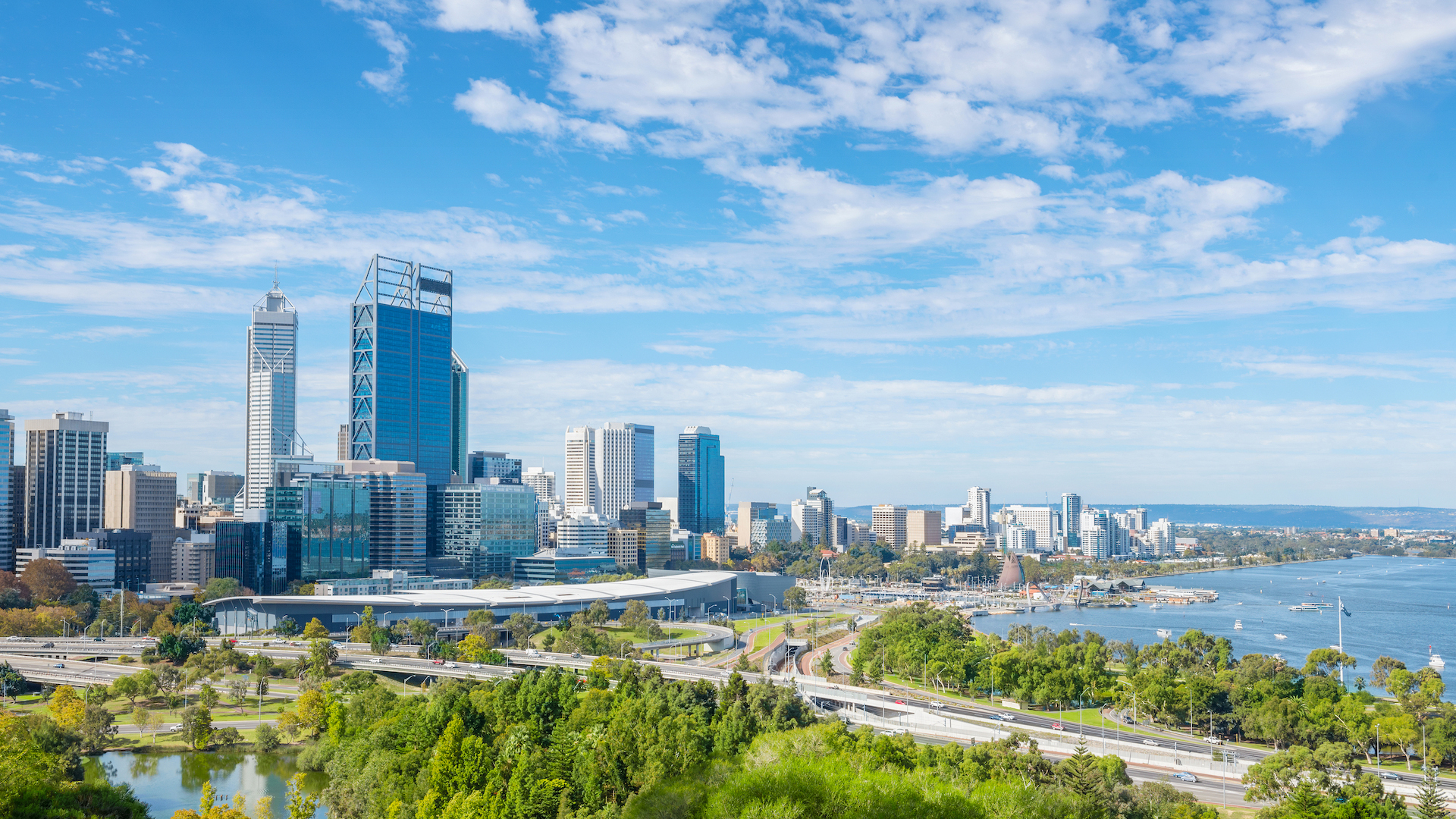Canada enjoys a friendly and steady trade relationship with Papua New Guinea (PNG) and has more ties with PNG than with most other Pacific Island nations. Although there is limited publicly available data on Canadian foreign direct investment (FDI) in PNG, reports indicate total Canadian FDI in PNG reached approximately $272 million in 2018, much of which was in mining.1
PNG has considerable subsurface resources, including gold, silver, copper, nickel, petroleum and natural gas, and Canada is home to almost half of the world’s publicly listed mining and exploration companies. Around 700 of these companies are currently active in over 100 countries, including in PNG. The total value of Canadian mining assets abroad amounted to $169 billion in 2017.2 Over the past year, there have been a number of legislative changes in PNG that may benefit or further incentivize Canadian investment in PNG. This update tracks these local PNG developments.
Domestic legislative changes to promote international investment
PNG held consultations in March 2019 on proposed amendments to its Investment Promotion Act 1992 (IPA) that would, among other things, create a Registrar of Foreign Investment, introduce an improved and expedited foreign enterprise certification process and generally bring greater clarity to compliance with and enforcement of the IPA.3 The Government of PNG is currently considering the proposed amendments and it is expected they will be tabled before Parliament once approved by cabinet.
More recently, PNG acceded to the Convention on the Recognition and Enforcement of Foreign Arbitral Awards (New York Convention) on September 17, 2019. The convention came into force for PNG on October 15, 2019, making PNG the 160th contracting party to the New York Convention. This is a welcome development, both for PNG and for companies investing or operating in PNG. With PNG’s accession to the New York Convention, companies are afforded greater certainty that agreements to arbitrate disputes and resulting foreign arbitral awards will be enforceable in PNG.
The New York Convention requires the domestic courts of contracting states to give effect to arbitration agreements and recognize and enforce awards made in other states. Courts may only refuse enforcement pursuant to a limited number of exceptions, such as an invalid arbitration agreement, incapacity of a party, or the tribunal lacking or exceeding its jurisdiction. The next step is for PNG to update its domestic Arbitration Act, 1951 to ensure its procedures appropriately integrate the New York Convention’s recognition and enforcement provisions. Adopting the UNCITRAL Model Law on International Commercial Arbitration, as part of this legislative update, would be a further welcome reform.
The ADB’s role in encouraging legal reform
The Asian Development Bank (ADB)’s Law and Policy Reform Program assisted with bringing PNG and other South Asian states into the New York Convention as part of a technical assistance project to improve rule of law and facilitate investment, trade and finance in the region. Introduced in 2016, the Promotion of International Arbitration for a Better Investment Climate in the South Pacific initiative aims to establish an effective commercial dispute resolution regime in the ADB’s Pacific developing member countries, in part by introducing modern international commercial arbitration laws.4 Other Asian-Pacific countries that recently acceded to the New York Convention include the Cook Islands, Fiji, the Republic of Marshall Islands, and the Maldives.
The Maldives’ accession comes into force soon
The New York Convention will come into force for the Maldives on December 16, 2019. Like PNG, the Maldives acceded to the New York Convention in an effort to boost its investment climate by making alternative dispute resolution mechanisms available to investors. The Maldives also became a party to the UN Convention on International Settlement Agreements Resulting from Mediation (Singapore Mediation Convention) when it opened for signature in August 2019. The Singapore Mediation Convention offers a global framework for businesses to settle disputes out of court and enables the enforcement of international mediated settlement agreements in member states. For more information on the Singapore Mediation Convention, see our recent article in the International Arbitration Report.



